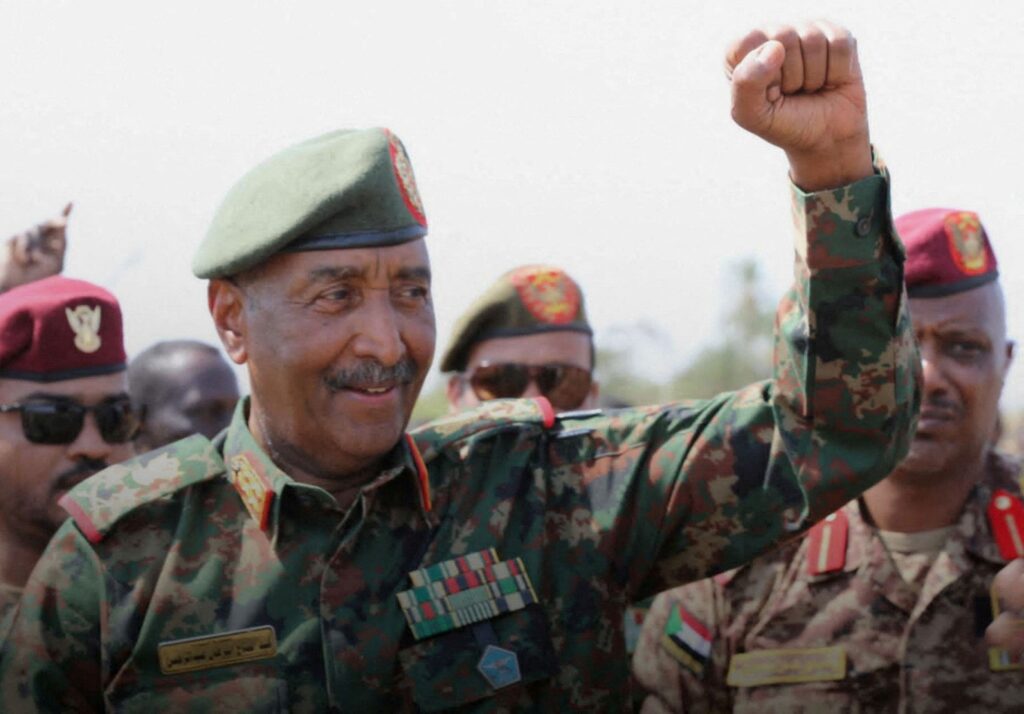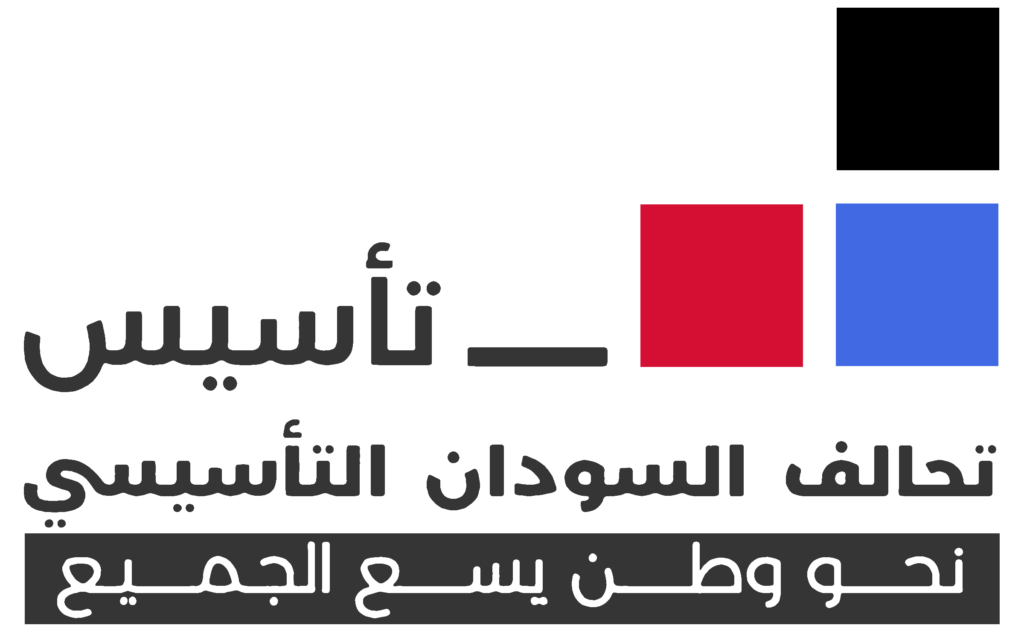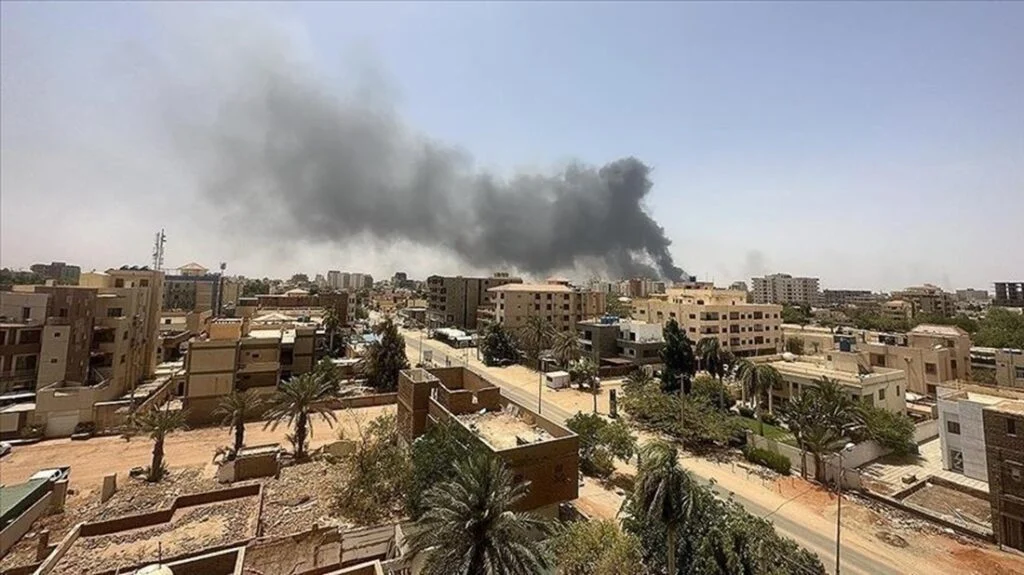
As Sudanese citizens wait for any sign that might restore order and ease unbearable suffering, the authorities have taken a decision that cuts off yet another potential path out of the crisis. Instead of opening a window for a political breakthrough, another one has been shut. Instead of seizing an opportunity for calm, another chance has been lost. This raises an urgent question: what comes next after General Abdel Fattah al-Burhan rejected the Quartet’s proposal, and what awaits Sudan in the days ahead?
Burhan’s rejection did not come as an act of reclaimed national sovereignty, but as a response shaped by a troubled political mindset, one that fears any solution revealing the depth of the crisis or ending years of political manoeuvring. At a moment when Sudanese people hoped for a rational step to save what remains of a country torn apart by war, militias, and entrenched networks of power, Burhan chose a path that repeats the same error: evading responsibility under the pretext of dignity.
A leadership trapped inside its own narrative
This was not a diplomatic remark, but a decisive statement showing that the leadership hears only its own voice, caught inside a narrative it created and then convinced itself was real. The Quartet’s proposal, despite its limitations, offered at least a framework that could have led to a wider political settlement. Yet Burhan chose to shut this door, seemingly fearing any process that might force him to face the consequences of decisions made since the earliest days of the war.
The government’s political discourse remains tied to the old vocabulary of the Islamist movement: conspiracy, intervention, sovereignty, dignity. Words repeated so often they have lost their meaning, used to protect weak political decisions rather than defend the nation. How can someone who lost control of his SAF in the first days of the conflict claim to be the guardian of sovereignty? And how can the same leadership that allowed the deep state to re-enter the military speak of independent national decision-making?
The days following the rejection have offered no alternative vision, no detailed plan, no clear path forward. The leadership appears to be circling back to the same rhetoric, as the country deteriorates at a speed that leaves no room for political indulgence. Sudan is now an open theatre of collapse: a disintegrating economy, a fading sense of security, expanding displacement, and an official silence broken only by loud statements disconnected from reality. Children are without education, young people without prospects, families struggling to survive inside and outside the country.
A decision as significant as rejecting a broad international initiative was not accompanied by any attempt to explain a responsible national alternative. No roadmap has been offered, no consultations opened. The authorities raise their voice, then retreat into silence, leaving citizens to face uncertainty alone. If this path is unacceptable, what path does the leadership propose? If the Quartet’s initiative is not the way forward, what is?
A decision born from weakness, not strength
A closer look reveals that Burhan’s rejection came from a position of internal weakness. The deep state has regained influence inside the military, while mounting military and economic pressures limit the regime’s ability to manoeuvre. The rejection appears less a sovereign stance, and more an attempt to delay the unavoidable moment of acknowledging failure: failure to manage the state, failure to control the war, and failure to offer any meaningful political horizon.
What lies ahead for Sudan?
There is no clear answer. All indicators suggest Sudan is on the edge of an even more difficult phase, with wider collapse, greater international isolation, and a worsening humanitarian crisis. Those who believe this decision buys more time for the authorities are mistaken. Time is no longer in anyone’s favour, and the country is drifting towards a deeper abyss.
Sudan needs courage, not louder speeches
Sudan needs a bold decision, not a louder accusation. It needs the leadership to confront itself, not others. True sovereignty lies in a state that protects its citizens and their future, not one that hides behind slogans. The way out of this disaster begins with honesty, transparency, and courage, not with statements made in place of action.
Final reflection
Sudan will remain larger than the political games of those in power. The Sudanese people have shown that they can lift up their nation even when the state collapses around them. With every setback comes a new chance to correct the path, but only if those in power stop burning bridges before even reaching them.




